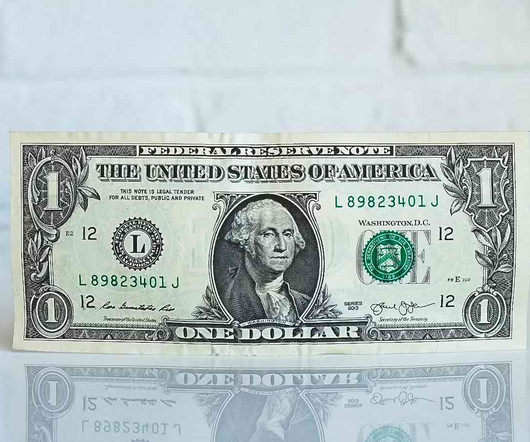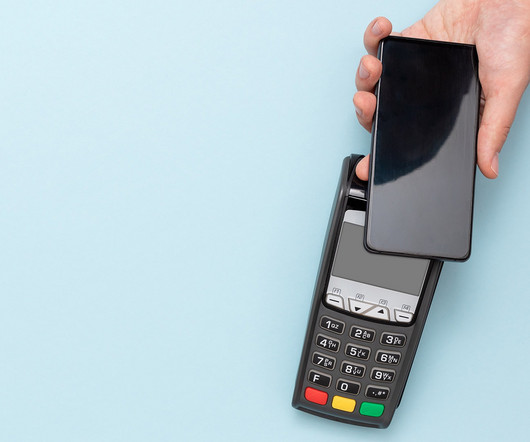Everything You Need to Know About Secure Payment Processing Systems
Stax
MARCH 15, 2024
Compliance with these standards ensures that merchants and payment processors implement robust security measures to safeguard financial data. Compliance with PCI DSS is mandatory for businesses that handle credit card transactions. In some cases, the payment processor may be using Transport Layer Security (TLS).













Let's personalize your content